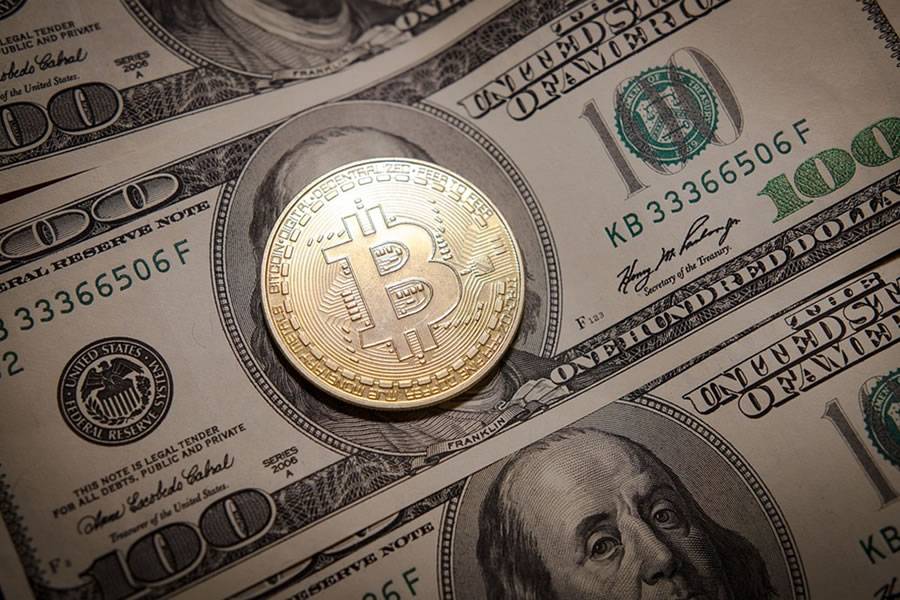Bitcoin for developing countries
- 08-03-2023
- Business
- Canarian Weekly
Bitcoin has been gaining increasing attention in recent years as a way to empower people in developing countries and improve financial inclusion. While there are still significant challenges to overcome, such as a lack of internet access and technical expertise, the potential benefits are significant. This article will explore how Bitcoin can be used to empower people in developing countries and improve financial inclusion.
What is Bitcoin?
Before diving into how Bitcoin can be used to empower people in developing countries, it is important to understand what Bitcoin is. Bitcoin is a decentralized digital currency that is not backed by any government or financial institution.
Instead, it is based on a peer-to-peer network that allows for secure and anonymous transactions without the need for intermediaries such as banks or payment processors. If you want to invest in bitcoins then you can start bitcoin trading after you click on Crypto Trader.
Lowering Transaction Costs.
One of the biggest advantages of Bitcoin is its low transaction costs. Traditional financial institutions charge high fees for cross-border transactions, making it difficult for people in developing countries to participate in the global economy. Bitcoin, on the other hand, has very low transaction fees, making it accessible to people who might not have access to traditional banking services.
This low transaction cost is particularly important for people in developing countries who rely on remittances from family members working abroad. Remittance fees can be as high as 10%, which means that a significant portion of the money is lost in fees. By using Bitcoin, people can send money across borders at a much lower cost, keeping more money in the hands of the people who need it.
Protecting Against Inflation.
Inflation can be a significant problem in developing countries, particularly in countries where the local currency is not stable. Bitcoin, on the other hand, is a deflationary currency, meaning that its value is likely to increase over time. This can provide a hedge against inflation and help people in developing countries protect their savings.
In countries like Venezuela, where hyperinflation has made the local currency nearly worthless, Bitcoin has become an increasingly popular alternative. While there are still challenges to using Bitcoin in Venezuela, such as limited access to the internet and technical expertise, it provides a way for people to protect their savings and participate in the global economy.
Increasing Financial Inclusion.
Another way that Bitcoin can empower people in developing countries is by increasing financial inclusion. According to the World Bank, around 1.7 billion adults around the world are unbanked, meaning they do not have access to traditional banking services. Bitcoin can provide a way for people to participate in the global economy without relying on traditional financial institutions.
By using Bitcoin, people can send and receive payments, access loans, and participate in e-commerce without the need for a bank account. This can be particularly important in countries where traditional banking services are not widely available, such as rural areas or conflict zones.
Challenges to Adoption.
While the potential benefits of Bitcoin for people in developing countries are significant, there are still significant challenges to adoption. One of the biggest challenges is access to the internet.
According to the International Telecommunication Union, only around 47% of the world's population has access to the internet. This means that many people in developing countries simply do not have the infrastructure in place to use Bitcoin.
Another challenge is technical expertise. While Bitcoin is designed to be easy to use, it still requires a certain level of technical knowledge to use safely and effectively. In countries where the education system may not have focused on computer skills, there may be a steep learning curve for people looking to use Bitcoin.
Conclusion:
Bitcoin has the potential to empower people in developing countries and improve financial inclusion. By lowering transaction costs, protecting against inflation, and increasing financial inclusion, Bitcoin can provide a way for people to participate in the global economy and protect their savings.
However, there are still significant challenges to overcome, such as access to the internet and technical expertise. As these challenges are addressed, Bitcoin can become an increasingly important tool for promoting economic growth and financial inclusion in developing countries.
To overcome the challenge of limited internet access, efforts can be made to expand access to the internet and promote the use of mobile devices. This can involve building more infrastructure, reducing the cost of internet access, and providing digital literacy training to help people learn how to use the internet and Bitcoin.


























































